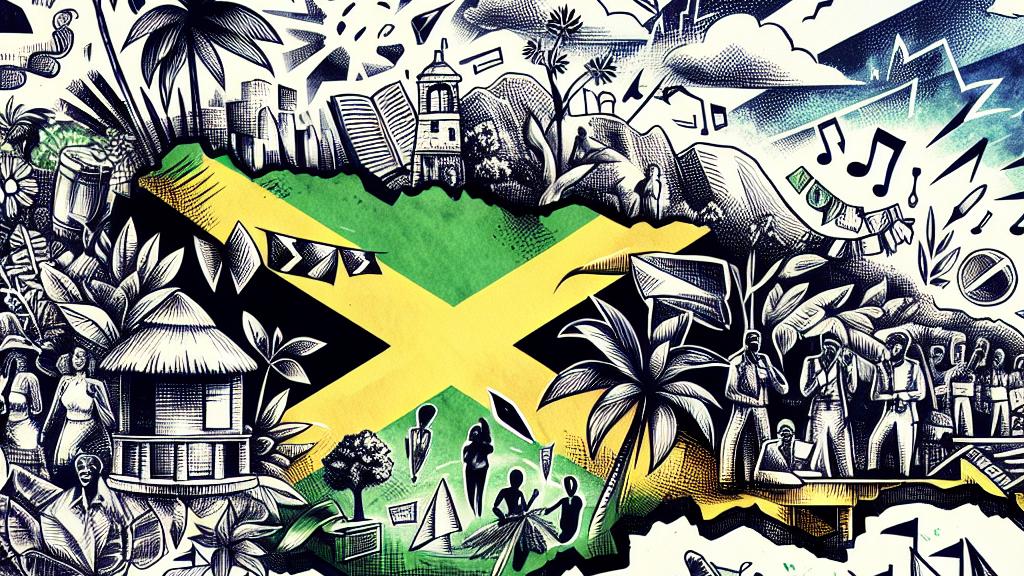Understanding Jamaica's Push for Independence from the British Monarchy
Overview
- Jamaica is poised to sever its ties with King Charles as the head of state, marking a significant evolution in its national identity.
- Growing public support for complete decolonization underscores a historical reckoning with the past.
- The impact of colonial legacies continues to shape Jamaica's social fabric and economic landscape.

A Nation Awakening to Its Heritage
In the vibrant heart of the Caribbean, Jamaica is experiencing a historic awakening, a passionate desire to fully redefine its national identity. After gaining independence from Britain in 1962, the island, often described as 'small but mighty,' is now fervently advocating to remove King Charles as head of state. This shift reflects a broader movement across the Caribbean where nations are asserting their independence. A recent survey indicates that a remarkable 56% of Jamaicans support this change, rising significantly from just 40% a decade ago. This surge of sentiment is not merely a political maneuver; it embodies a deep-rooted yearning for true self-determination. Jamaica’s rich cultural heritage — vibrant music, delectable cuisine, and stunning landscapes — now serves as a rallying point for redefining what it means to be Jamaican in today’s world.
Confronting the Shadows of Colonialism
To understand Jamaica's quest for decolonization, one must confront the painful echoes of its colonial past. The transatlantic slave trade forcibly brought countless Africans to Jamaican shores, stitching a complicated, sometimes tragic history into the nation’s fabric. This legacy has not faded; it still reverberates through the social and economic disparities faced by many Jamaicans today. Activists argue that the burden of colonialism continues to shape life on the island, perpetuating patterns of inequity that demand redress. As discussions about reparations gain traction across the Caribbean, the urgency for full decolonization becomes glaringly apparent. Advocates like Steven Golding emphasize the importance of substantive changes that empower, rather than simply replace, colonial structures. They call for a transformative vision: a Jamaica where the aspirations of all citizens resonate within the halls of power, reflecting their unique identity and diverse history.
Shaping a Democratic Future
As Jamaica explores its future, the proposed legislation to replace the Governor-General with an elected president raises vital questions about governance. This change could mark a significant stride toward independence; however, there are vital concerns that could hold back progress. Critics point out that if the nomination process for the new president is not genuinely democratic, it risks simply transferring power from a British monarch to a local figurehead, lacking the true voice of the people. For instance, Donna Scott-Mottley, a key opposition figure, has voiced concerns that without a transparent and inclusive process, the president might merely be a puppet of the prime minister, undermining the full spirit of independence. At this critical juncture, Jamaica stands ready to embrace a transformative referendum that could highlight the path forward, crafting a clear distinction from its colonial past. This momentous opportunity is about more than changing a title; it's about building a government that resonates with the people’s will while embodying the rich, diverse tapestry of Jamaican life. The future of Jamaica lies not just in the corridors of power but in the hearts and hopes of every Jamaican.

Loading...